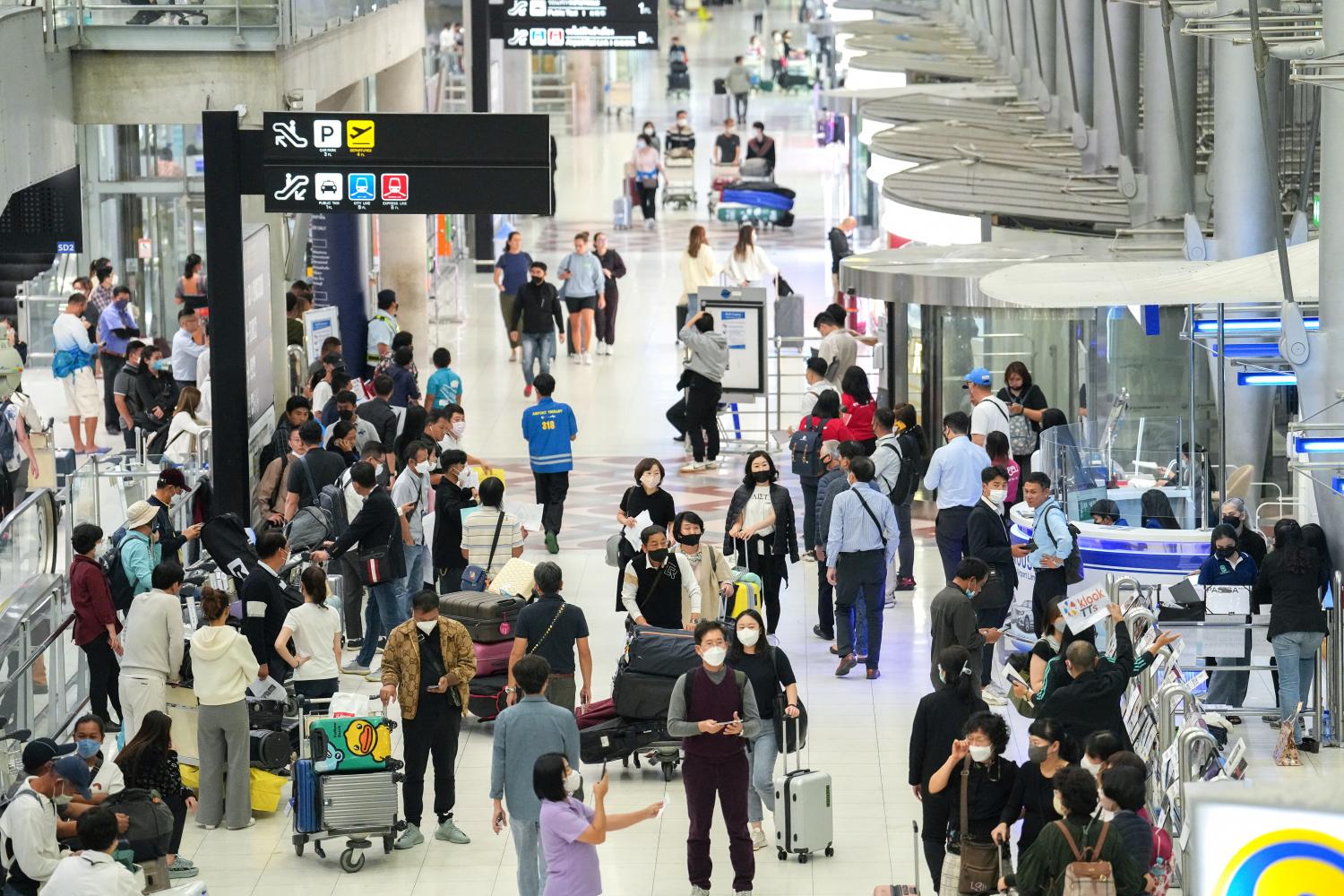
Workers remain reluctant to return to the hospitality industry even though employee revenue from hotel service charges has almost returned to pre-pandemic levels, as Chinese travellers start to return to Thailand.
According to a Facebook survey of Phuket and Samui hotel service charges in December 2022, the highest average rate of 61,145 baht was at the Twinpalms Montazure Phuket, while hotels in the top 20 saw average monthly service charges surge to more than 26,000 baht, of which most were five-star properties or managed by international brands.
Suksit Suvunditkul, president of the southern chapter of the Thai Hotels Association, said revenue from service charges was almost at pre-pandemic levels across all hotel segments, partly because the workforce is 30% lower than before the viral outbreaks.
Even though employees can earn a higher income, they have to deal with extra workloads, particularly when hotels are fully booked, including helping out by doing multiple jobs at the same time, he said.
Mr Suksit said many hotels still have to recruit more employees, but they face difficulties as experienced staff moved to work at five-star hotels, which can offer higher rates of pay.
More four-star hotels are hiring fresh graduates to fill their vacancies, he said.
As of Jan 14, Thailand tallied 854,485 foreign arrivals this year, of which 450,170 entered via Suvarnabhumi airport and 146,275 through Phuket airport.
Narun Wiwattanakrai, executive director of SET-listed Siam Wellness Group, said the tourism market this year is expected to drive demand for more workers.
He said Siam Wellness had around 1,000 employees at more than 60 spa branches before the pandemic. Spa workers total only 70% of that number at present, said Mr Narun.
He said Chinese guests made up 55% of its foreign customers before the pandemic.
This year, Chinese visitors might recover to 25% of pre-pandemic levels as they are expected to return in force starting in April when more direct flights restart at affordable prices.
Mr Narun said while Siam Wellness does not have a serious recruitment problem because it owns a school that prepares workers in advance, often older and experienced therapists are wary of returning to work because of health concerns.
"They don't fear the pandemic, but some of them have medical conditions related to their age, so they were more concerned about side effects if infected with Covid-19," he said.
With a stronger flow of international tourists since last November, Mr Narun said the company was able to increase the price of its spa services after maintaining the same rate for three years to keep up with domestic demand.
He said international markets might recover this year, but the group plans to balance the guest portfolio with 50% each from the domestic and foreign sectors, shifting from a pre-pandemic rate of foreign guests at 70%.
The company's expansion this year will focus on spa management in hotels, with the aim of opening four to five new branches after securing 10 management contracts with resorts, said Mr Narun.
